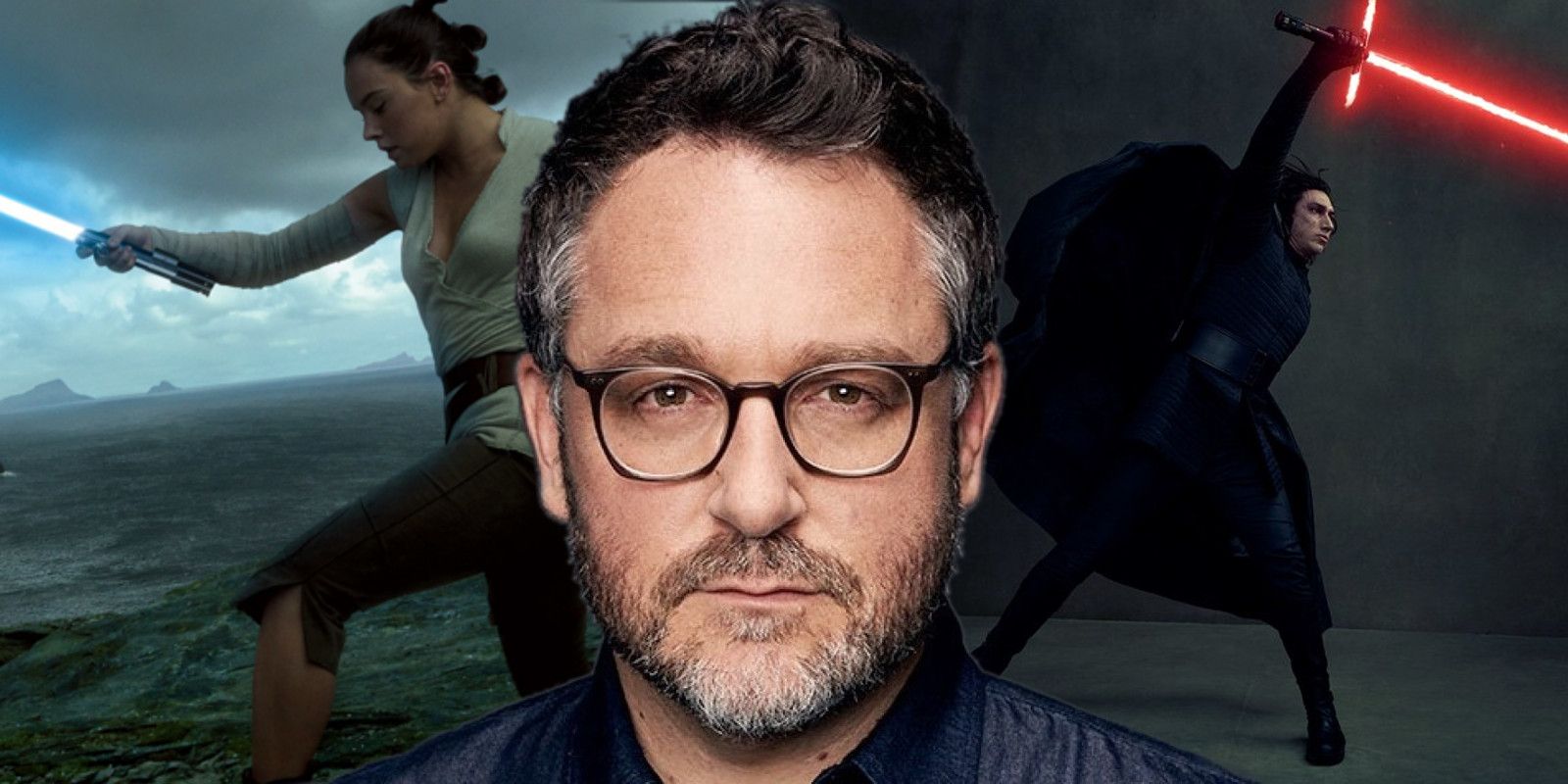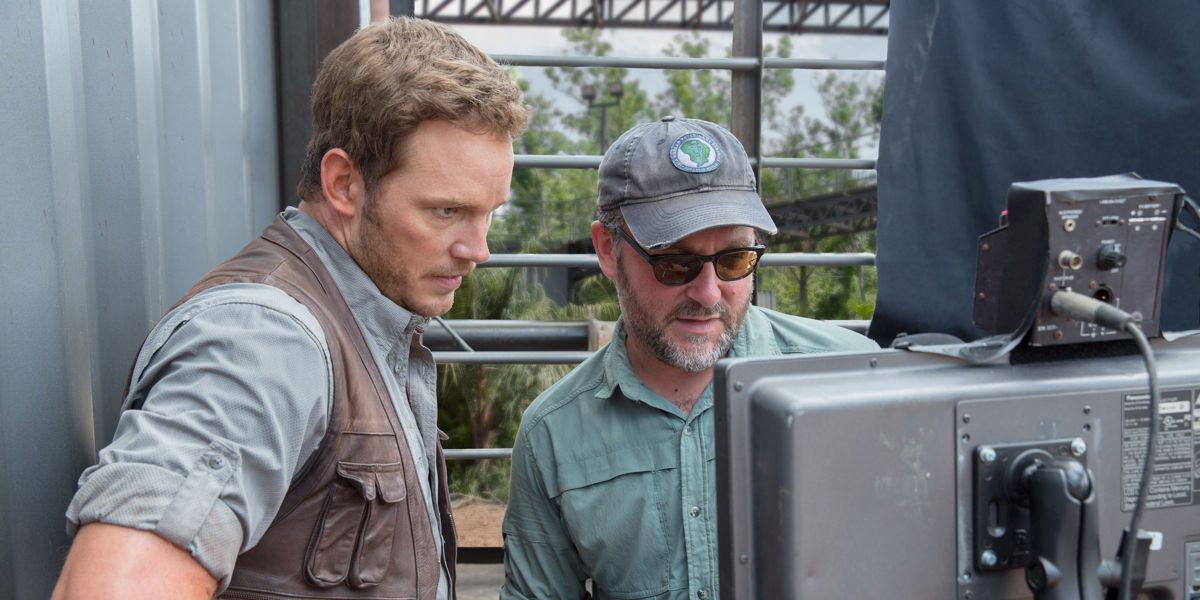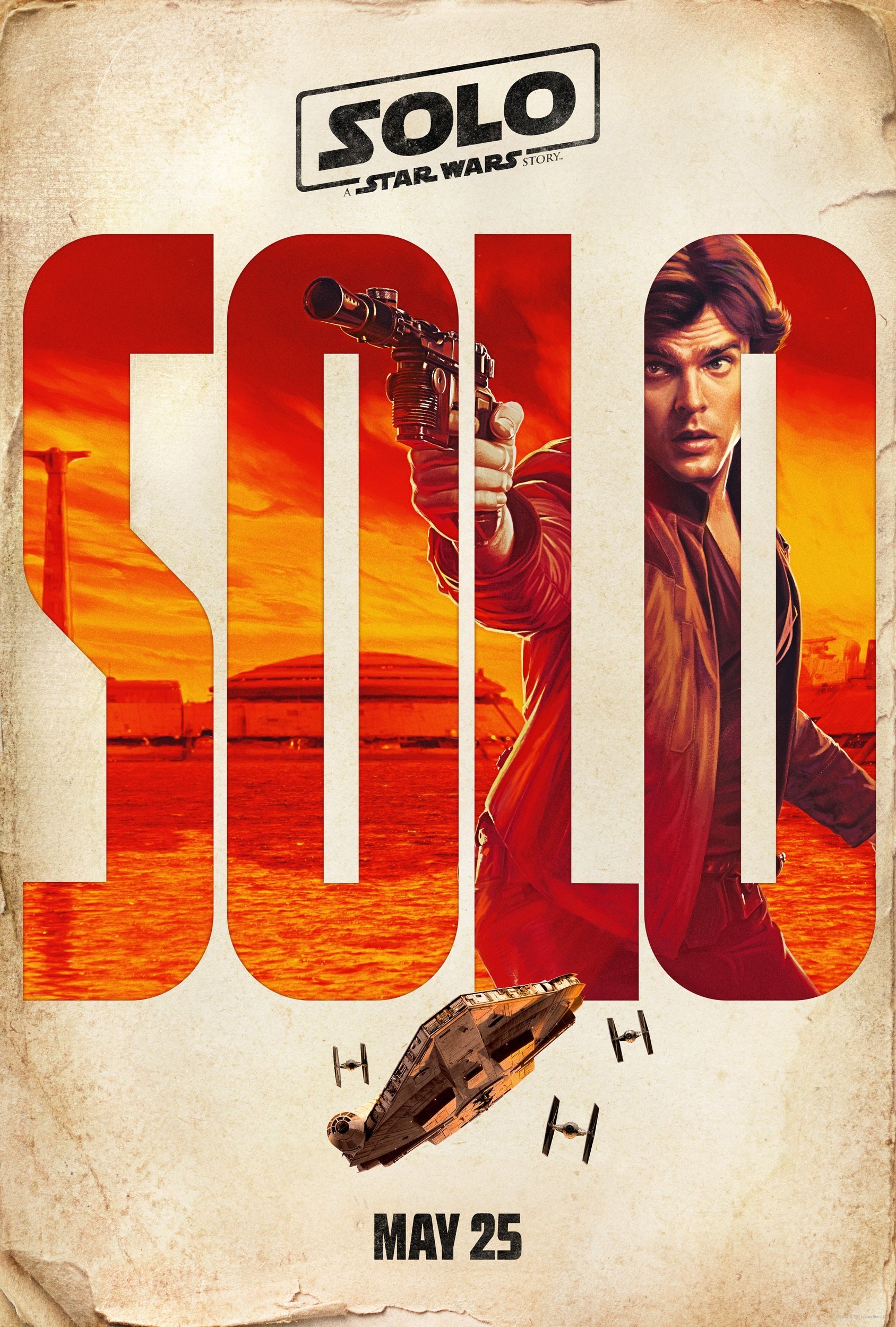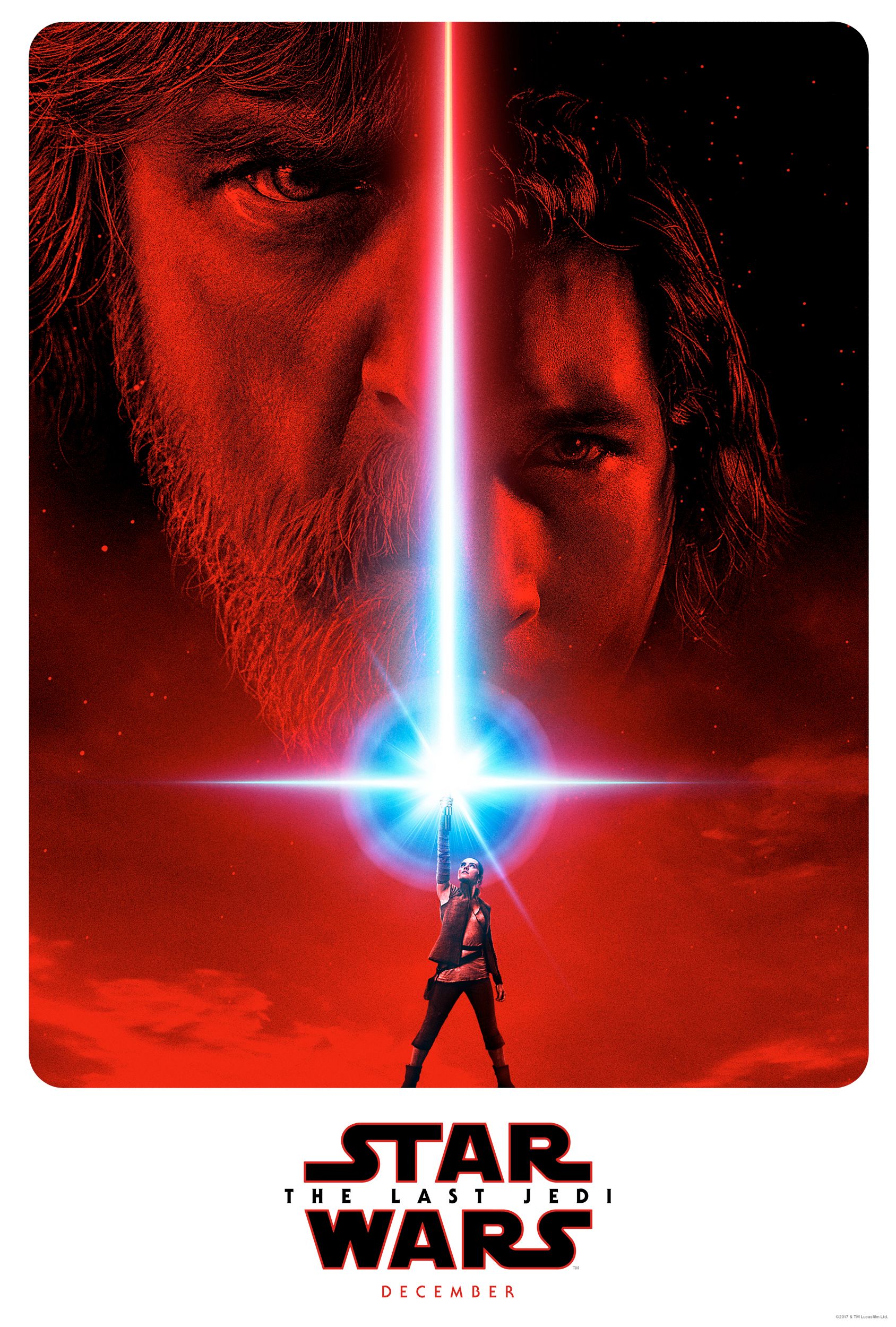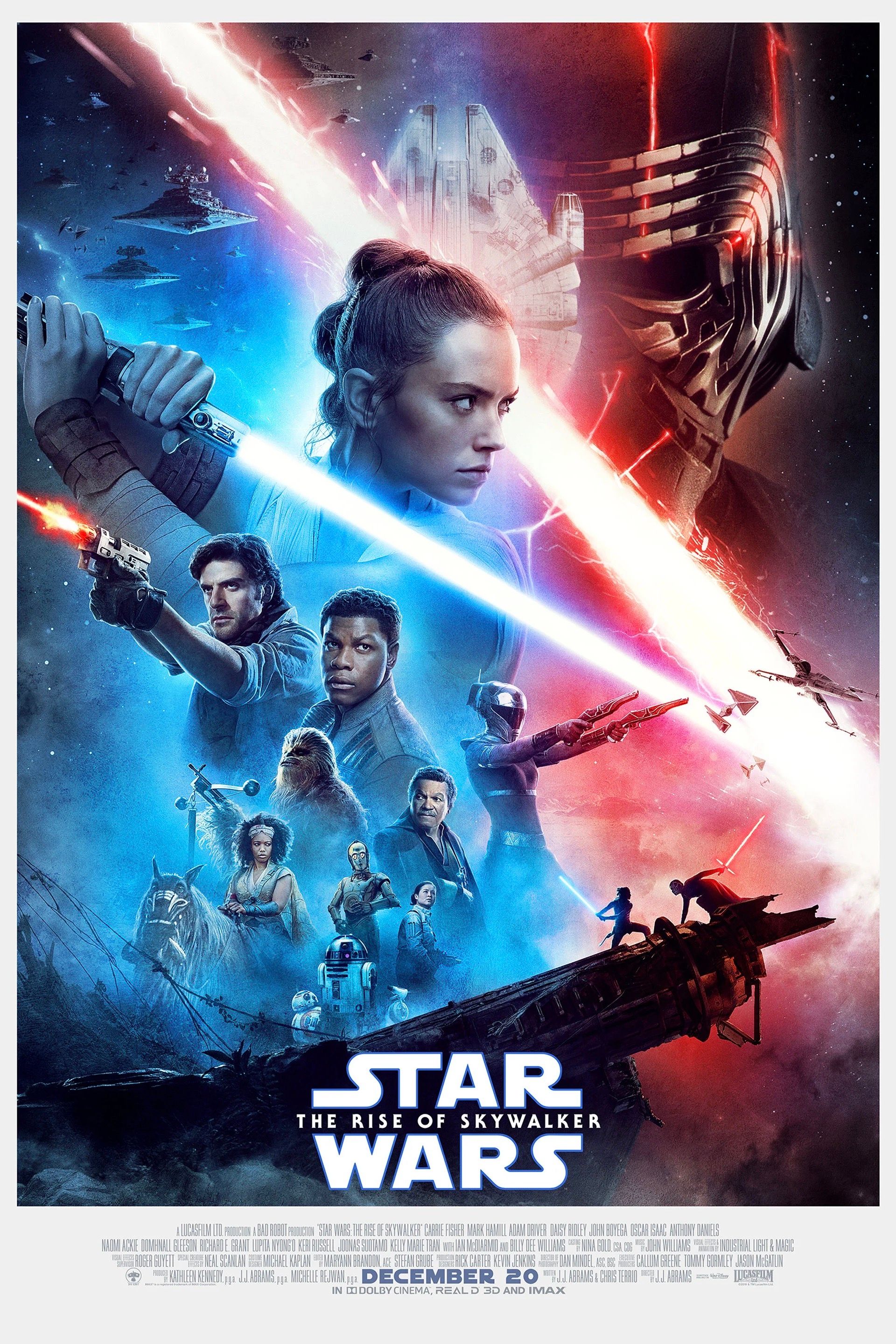The latest film from Colin Trevorrow, The Book of Henry, opened this past weekend to a sea of negative reviews. The cutesy family drama, Trevorrow's first release since the billion-dollar making Jurassic World in 2015, has been hammered near-unanimously by critics for its tonal inconsistencies and poorly-conceived twist. Normally this wouldn't be a big deal, every filmmaker makes mistakes, but in Trevorrow's case this wave of negative publicity is raising some eyebrows due to him being the director Disney and Lucasfilm chose for 2019's Star Wars: Episode IX.
Whether or not Trevorrow will still have that job in the near future is anyone's guess, but this situation does raise some discussion over how he was picked for the role, and whether or not any fallout from The Book of Henry will affect how Disney chooses its directors going forward. Trevorrow getting the Episode IX gig was very much in-line with how most of the other post-The Force Awakens Star Wars directors were chosen. Similar to Marvel, there's been a tendency toward using Star Wars to elevate up-and-coming directors, though Kathleen Kennedy and Lucasfilm have also favored filmmakers with actual studio experience and box office bank to their name. Like both Gareth Edwards and Rian Johnson, Trevorrow had both an independent hit to his name and another, bigger scale, studio-driven picture with Jurassic World.
Unlike both Edwards and Johnson, there's little similarity between Trevorrow's two major successes that could be used as identifiers of Trevorrow's prowess as a filmmaker. Safety Not Guaranteed is small in stature with a gentle cynicism commanded by the ever-slightly-obtuse Aubrey Plaza, whereas Jurassic World is a textbook blockbuster about a genetically enhanced dinosaur destroying a theme park with Chris Pratt there to save the day. There's very little correlation one could draw stylistically between the two that could be considered part of Trevorrow's vision, nothing that establishes his hallmarks as a storyteller. Moreover, the success of Jurassic World is far more appropriately attributed to the presence of Chris Pratt and that Spielberg-ian magic of seeing dinosaurs come to life. Jurassic Park is one of the most beloved films of all-time, any sequel will grab audience attention, especially one promising more dino-action like a SWAT team of trained raptors.
Jurassic World was Trevorrow following a guide. For massive franchises that's normal and how directors continue to find work in the studio system. The other hires for Star Wars suggest that Lucasfilm is looking for filmmakers who can both connect the dots and bring something distinct to the table. Johnson got The Last Jedi because with Looper he proved he could make something bold that still attracted an audience and went over well with critics (that's not even mentioning his widely celebrated episodes of Breaking Bad). Edwards was the same with Rogue One coming off of Godzilla and Monsters. Lucasfilm seems keen on trying to find a balance between Star Wars having a set of parameters and directors bringing a particular approach to their films.
The Book of Henry is problematic here because it suggests that Trevorrow, the director currently tied to the single most lucrative director's chair in decades - arguably ever - is a bad filmmaker when he's not being told what to do. When you're Lucasfilm trying to get people excited for the last chapter in the biggest cinematic saga of all-time, with an ongoing emphasis on the unknown talent that you proudly pluck out of obscurity for your prominent roles, that's a problem. It makes the choice to announce the Episode IX director so early a touch presumptuous and it makes the pick of Trevorrow seem premature.
The mandate of hiring indie hotshots before they go supernova is a good one for the industry, but it sometimes comes with a danger of trying to pick directors based on promise and ability without knowing everything they're capable of. So far it's worked out for the better, some disasters aside. Looking at The Book of Henry, Lucasfilm may have gambled and lost on Trevorrow's competence, on the single worst film to do so. Yes, Safety Not Guaranteed was good, but looking at that and The Book of Henry, that's a 50/50 split between good and bad with the takeaway being that Trevorrow is unable to repeat the quality of Safety Not Guaranteed. Those aren't the kind of odds one would expect to hang one of the greatest film events of our time. There's already a cynical side to Trevorrow's positioning, as one of his producers on Jurassic World was Frank Marshall, husband to Kathleen Kennedy – Lucasfilm hardly wants people to think he was hired because he's a yes-man or a good friend, and yet because he was quickly scooped up, Lucasfilm is stuck between letting a bad buzz follow its biggest movie or letting cynicism toward its inner workings become more justified than it already is.
Star Wars is, like Jurassic Park, a blaster-proof property. Its movies will always sell. But as a franchise on its third successful iteration, there's a special kind of hope among fans that this new trilogy re-establishes the magic fans have come to expect. John Boyega and Daisy Ridley have already proven invaluable newcomers to the galaxy far, far away and the first The Last Jedi trailer has only made everyone more excited for what Johnson has created. There's been a literal new lease of life for Star Wars. Lucasfilm's producers may need to re-evaluate their approach for Episode IX and beyond if they want to keep that magic as alive as it is right now for The Last Jedi.

